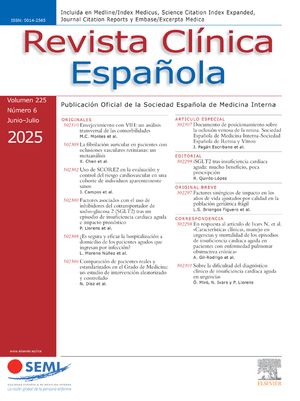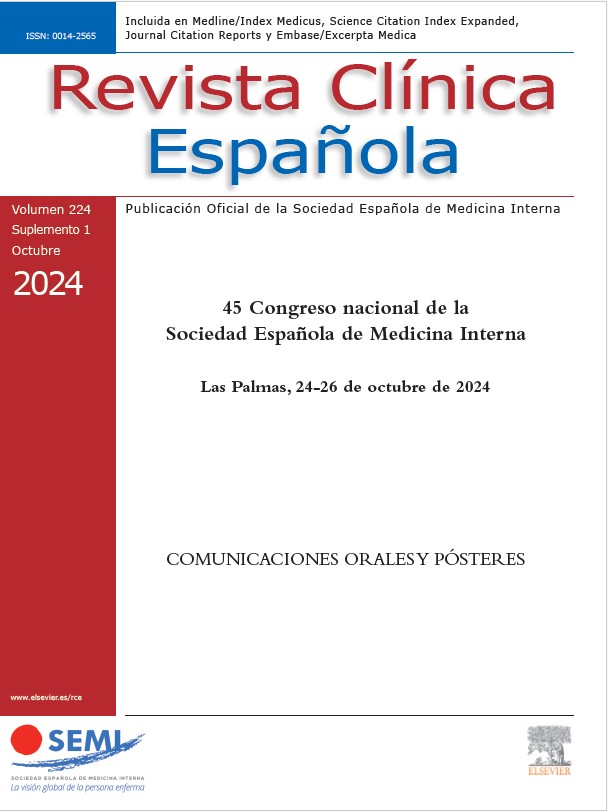La diabetes mellitus supone actualmente un área de la medicina sujeta a rápida evolución, con nuevos estudios, introducción de nuevos fármacos y proliferación de guías de práctica clínica, a menudo con diversos matices en la orientación terapéutica recomendada en pacientes con diabetes tipo 2. Dentro de la amplia información reciente que se ha venido produciendo el último año sobre esta afección, podría destacarse la valoración de los estudios que han tenido mayor implicación en la práctica clínica a la hora de definir objetivos los glucémicos y la estrategia terapéutica preferible para obtenerlos. Tras la decepción experimentada a la hora de valorar un control intensivo en la mayoría de los pacientes diabéticos, a la luz de los resultados de los estudios ACCORD, ADVANCE y VADT, los recientes datos de las ampliaciones del UKPDS y del STENO-2 han mostrado un nuevo matiz en el tratamiento de la afección, destacando la importancia de un tratamiento y control óptimo glucémico en estadios tempranos, lo que confiere un beneficio a largo plazo en morbimortalidad, en el nuevo concepto que se ha venido a denominar “memoria metabólica” o “efecto legado”.
Los fármacos con acción sobre el sistema incretina, de reciente introducción, están demostrando tener efectos pleiotrópicos, más allá del ya confirmado control glucémico, lo que podría priorizar su empleo en el futuro. Estas aportaciones, tanto mediante ensayos clínicos, como mediante datos obtenidos con las nuevas terapias, obligan a plantear modificaciones en el manejo global de la diabetes y de ello se hacen eco las guías de práctica clínica, algunas de las cuales, en sus versiones más actualizadas, reflejan algunas de estas novedades.
Diabetes mellitus is a rapidly evolving area of medicine with the publication of new studies, the introduction of new drugs and a proliferation of clinical practice guidelines, often with subtle differences in the recommended therapeutic approach to patients with this disease.
Notable among the extensive information generated on the disease in the last few years is evaluation of the studies with greatest impact on clinical practice in terms of defining glycemic targets and the preferred therapeutic strategy to achieve them. After the disappointing results of intensive glucose control in most patients revealed in the ACCORD, ADVANCE and VADT trials, recent data from the extensions of the UKPDS and STENO-2 trials have shown a new emphasis in the treatment of the disease, highlighting the importance of treatment and optimal glycemic control in the early stages. This strategy confers a long-term benefit on morbidity and mortality through a new concept which has become known as “metabolic memory” or the “legacy effect”. Recently introduced drugs with action on the incretin system have been shown to have pleiotropic effects beyond their already confirmed effect on glycemic control, which could lead to their use becoming prioritized in the future. In view of these contributions, both through clinical trials and through data obtained with the new therapies, the overall management of diabetes should be modified. This need for modification is reflected in some of the most recent updates of clinical practice guidelines that incorporate some of these advances.
Artículo
Diríjase desde aquí a la web de la >>>FESEMI<<< e inicie sesión mediante el formulario que se encuentra en la barra superior, pulsando sobre el candado.

Una vez autentificado, en la misma web de FESEMI, en el menú superior, elija la opción deseada.

>>>FESEMI<<<






